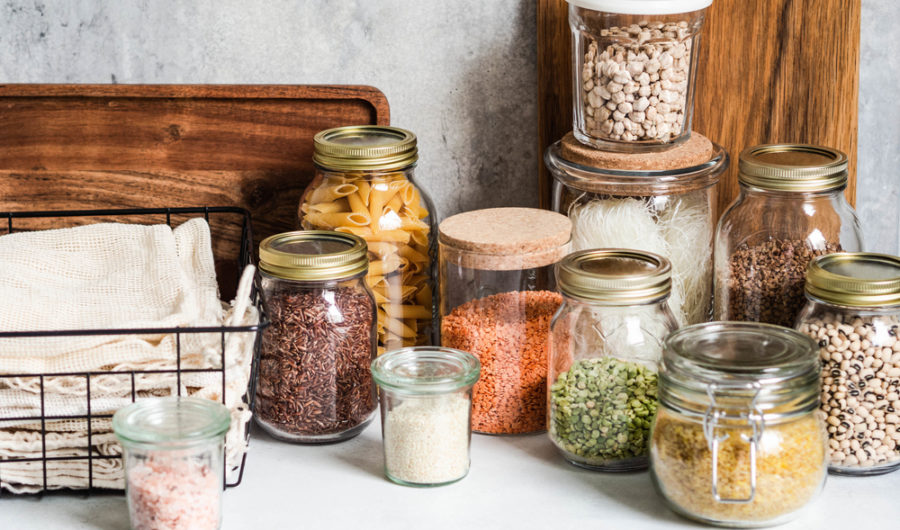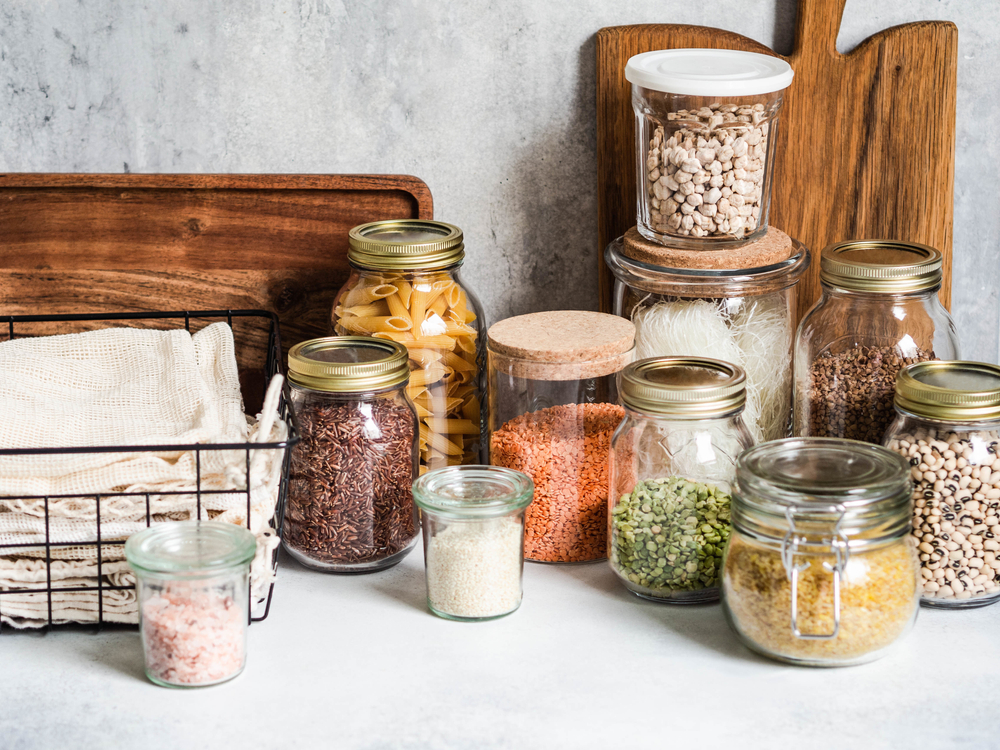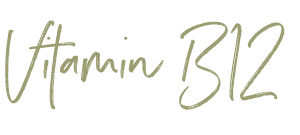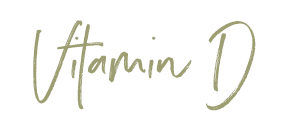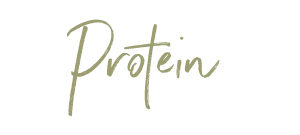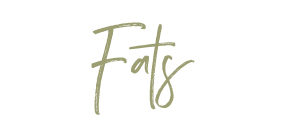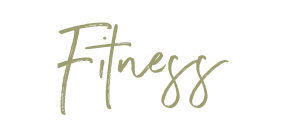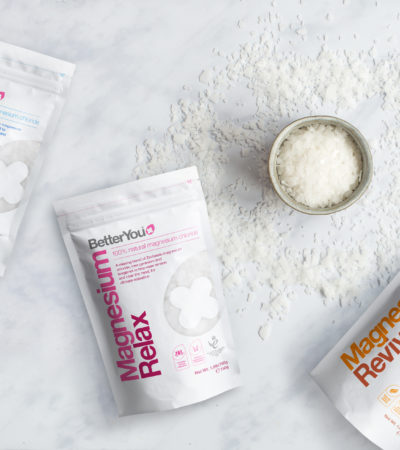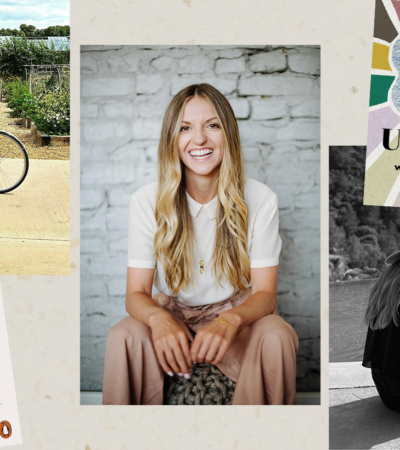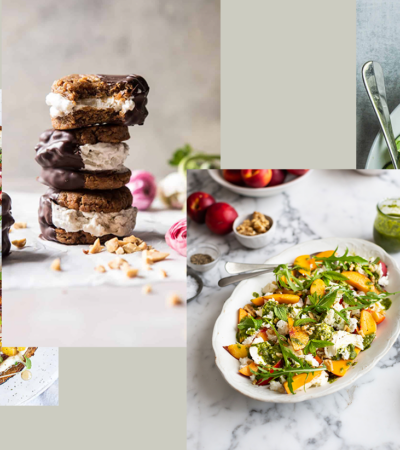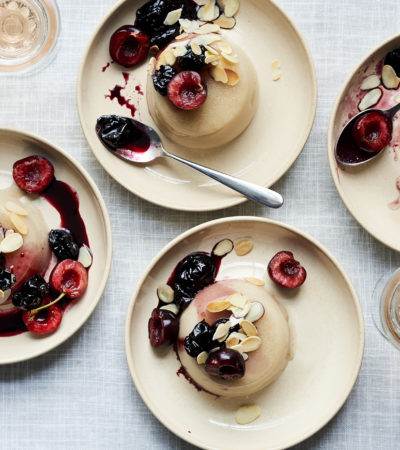If you’re doing Veganuary for the first time then you’re probably feeling excited about the challenge but also a little be apprehensive about such a change in lifestyle. From fitness to food, we got Edric Kennedy-Macfoy, ex-fireman, Health & Fitness Coach, author and veganism activist to share his ultimate guide to nailing veganuary.
Veganuary is a worldwide initiative that inspires and motivates hundreds of thousands of people across the globe to take part in a 31-day journey of plant-based eating for the month of January. The New Year is the time for not just reflection but exploration and growth, an opportunity to try something new, positive and beneficial. I believe our lifestyles and dietary habits are the best places to start. Being a committed advocate for the vegan lifestyle, I obviously love the number of people who take on veganuary and think commencing the New Year with love, compassion and mindfulness will always be a recipe for success.
The campaign was first established in 2014 and has grown exponentially year on year. The crowd-funded challenge brings awareness to veganism on a massive scale allowing participants to test the waters of the vegan lifestyle with plenty of support and encouragement to see them through the 31 days. You come to learn that veganism isn’t just the food you consume it’s a way of living that not only has a positive effect on you as the individual but the whole world.
When it comes to the nutritional elements of taking part in Veganuary, you’ll always hear mumblings about deficiencies. Here’s the thing, whether you follow a plant-based diet, or an omnivorous diet, nutritional knowledge and awareness is something that has been lacking amongst the masses for far too long. The countless debates I’ve had with people about protein only to ask them what protein is and how our bodies use it, and to be met with a blank expression. It’s time to stop regurgitating what we’ve heard and stop debating about what we think we know. It’s time to have the truth, speak of facts from reliable sources and make informed decisions about what we eat and the lives we lead. Lack of knowledge is one of the main reasons food and marketing companies have so easily pulled the wool over the eyes of the consumer. As a health and fitness coach, I ensure my clients have at least a basic understanding of nutrition so they can make informed choices on their own nutritional needs.
Below I’ve shared my top tips on everything you need to know about Veganuary…
Preparation is key.
I’m sure you’ve heard that expression failing to plan is planning to fail? Planning is everything when it comes to this transition, it’s being unprepared that will catch you out. On Veganuary.com you’ll find loads of delicious and nutritious meal plans and recipe guides. You will also find lots of tips on nutrition as well as a list of accidentally vegan products like Oreos and skittles which allow you the comfort of knowing you can still satisfy that sweet tooth if the need arises! It’s also worth investing in a good selection of tupperware (preferably glass or BPA free plastic). You’ll likely be doing a lot of food prep and have plenty of leftovers for lunches and snacks so you’ll want a good variety to go around.
Let’s talk about supplements.
My opinion is this, if you can get it from food, do so. Natural, unprocessed food will always be the winner. With a whole food plant-based diet, you can’t really go wrong. Supplementation is the addition of an extra element or amounts of something. E.g. if you’re not getting enough vitamin D from UV exposure, you may contemplate supplementing with vitamin D2 (vegan) tablets.
Micronutrients, Vitamins and minerals.
Do you know that vitamin A is a fat-soluble vitamin required to maintain eyesight and prevent night blindness? It’s also an antioxidant and removes electrons from cells reducing the risk of cancer and other diseases. There are several more health benefits including slowing down the ageing process. Where do we get vitamin A from? Are you meeting your recommended daily intake?
All green yellow and orange vegetables contain Vitamin A. To meet your requirements, you should have at least one source a day. So, I ensure I include at least one serving of either leafy greens, sweet potatoes, carrots in my daily meal.
How about the various B vitamins, C, D, E, K, calcium, copper, iron, magnesium, sodium, phosphorus, potassium, zinc? These are or what your body needs to thrive. A deficiency in any could be what’s causing any current issues with your physical health or energy levels. Food is medicine, beyond doctor and take control where you can.
When it comes to plant-based eating there are only a few nutrients that you must pay special attention to more so than if you follow an omnivorous diet.
If you’re a vegan, meaning you don’t consume any animal products, you run the risk of a vitamin B12 deficiency. Many vegans I have come across have made the grave mistake of underestimating B12. It is cited as the most common deficiency in vegans and more than 2/3 are estimated to suffer from it. This is why a vegan diet must be properly planned. The B12 vitamin is required for a number of vital functions including energy production, blood formation, DNA synthesis and reproductive health. B12 is created by bacteria and found primarily in animal products simply because animals eat foods covered in these bacteria.
With a B12 deficiency, symptoms (loss of energy, numbness, tingling, poor memory, blurred vision can take months and even several years to develop. You’re at highest risk from the deficiency if you’ve been a vegan for quite a while but haven’t factored the supplementation into your diet or a breast-fed infant if their mother’s intake was very low. This can lead to irreversible health problems.
The good news is that a deficiency is so easily avoidable. There are numerous foods fortified with B12, cereals, plant milks and nutritional yeast to name a few. You can also take the easier route and go with supplements. The recommended daily intake for adults is 2.4mcg and slightly higher 2.89mcg for nursing mothers.
The other main vitamin I advise my clients to supplement and also supplement myself especially in the winter months (most of the time here in the UK) is Vitamin D. We need this in order to absorb and use phosphorus and calcium. As you may know, this is a requirement for the normal growth, development and maintenance of healthy bones and teeth. It’s involved in regulating your heartbeat and protects against muscle weakness. Vitamin D is needed for cell growth and neuromuscular function to enhance our immunity.
Our bodies can produce Vit D when our skin is exposed to the sun’s UV rays. If you’re not fortunate enough to live on a tropical island or in a country where regular sunshine is the norm, the vitamin D sources you’ll be looking at are eggs, dairy products and fish oils. All of which vegans do not consume.
That being said, most people and not just vegans don’t get enough sun exposure which is why vitamin D deficiency is relatively common in adults, particularly older adults mainly due to limited sun exposure.
It’s difficult for anyone to get the recommended daily intake from food alone. I recommend everyone to get a blood test done to check their Vitamin D levels. If you’re deficient a simple supplement can help you out. And it can really work wonders. Be aware that some vitamin D supplements aren’t vegan-friendly. Vitamin D2 is always suitable for vegans. But D3 can contain animal products.
Overdosing on nutrients is pretty much impossible when you’re eating real foods. You simply can’t consume them in the quantities that would make you seriously ill. Try eating 9kg (20lb) of spinach, drinking 6 litres of water or a bottle of vodka in one go! All of these could be fatal, even the spinach (it’s the oxalic acid that would get you). However, if you’re consuming nutrients in pill form, or if your recommended daily dose of folic acid is contained in a single serving of cereal, is it safe to eat a whole box, while also taking folic acid supplements, and eating fortified bread? Over months or years, eating too many fortified foods and taking supplements could mean you get too much of a good thing. Not to be recommended. That’s why I advocate whole foods wherever possible, working up to cooking from scratch and avoiding supplements except for B12, Vit D or a multivitamin containing the two.
It’s easy to eat too little protein, too many carbs, too many processed foods and too narrow a range of food. I found this out to my cost when I went vegan overnight. It was hard! I lived on oats, fruit, soya sausages and pasta with tomato sauce for the first few weeks. It left me feeling a little sluggish. It is crucial not to underestimate the amount of thought and consideration you need to put into eating well as a vegan. This is what inspired me to write the ‘Fit Vegan’ book. I wanted to share all of the mistakes I made, so others can learn from them!
As a guide for eating well, I always say eat the colours of the rainbow. This ensures you get the maximum disease-fighting power that phytochemicals can provide. As a guide for eating well, vegetables and fruit should always make up 50% of your plate. I recommend consuming 0.5kg (1lb) or more of vegetables and fruit daily. Approx. 25% of your plate should be grains. Aim for a mix of complex carbohydrates and fibre to ensure you get the required vitamins and minerals you require and try to limit your refined cereals. The remaining 25% should be good sources of plant protein like legumes, beans, tofu, tempeh, nuts and seeds. The combination of various sources of protein will ensure you get all the essential amino acids you need.
Vegan foods are lower in protein meaning you have to eat more of them to reach your daily requirements. Some foods like broccoli and spinach are so low that it would be impractical to use them as your daily primary source. You’d have to eat too much to get enough.
Animal protein contains more protein than plant foods and contain a higher percentage of essential amino acids per gram and are also better digested and absorbed. For this reason, lean meats and dairy products have been the go-to in bodybuilding for so long.
There are plenty of high protein plant-based foods available, you just have to know what they are. Here are some of my favourites…
Peanuts 26g of protein per 100g
Ming beans 24g of protein per 100g
Kidney beans 24g of protein per 100g
Black beans 21g protein per100g chickpeas 19g of protein per 100g
Pumpkin seeds 19g protein per 100g
Chia seeds 17g protein per 100g
Oats 17g protein per 100g
Lentils 9g protein per 100g
I know! Protein overload right. A few servings of these throughout the day and you will receive a significant amount very quickly.
Rice or pea protein powders are the best sources or even better a blend of both. I hadn’t used any protein powders for years until a recent trip to India visiting an Ashram for a month. As food was provided I took a friend’s recommendation and took a bag of Huel protein with me which I found to be an amazing source.
It’s also important to get unsaturated fats into your diet which will fuel your workout. Luckily vegan diets are full of great sources like nuts and avocado which are unsaturated. Carbohydrates won’t be a problem either as the vegan diet has a high intake of fruits, veg and whole grains. The conclusion is, you can thrive on a plant-based diet.
An active lifestyle is the only lifestyle I have ever known. How did veganism change that? It gave me more energy. That’s a difficult concept for most people to fathom but let me explain how. Most people fall deficient in many vitamins and minerals throughout their lives. It’s so easy to do if you’re ill-equipped. Think about it. If you asked ten people on the street to name the main vitamins and minerals we require to stay healthy (Vit A, B, C, D, E, K, Calcium, copper, iron, magnesium, sodium, phosphorous, potassium, zinc) and what foods we should eat to obtain the adequate levels, how many do you think could give a satisfactory answer? How would you answer? Switching to a plant-based diet means change and that change requires investigation in order to make sure you’re giving your body what it needs. Your diet is now planned as opposed to your previous diet that was passed down to you. This is the reason everyone I have known to transition to a well-planned plant-based diet has thrived and excelled.
Since transitioning to a vegan diet, building muscle whilst losing fat has been no challenge for me or any of my clients. There are set principles for muscle growth and as long as they are in place, building muscle on a plant-based diet is light work. A well-designed workout plan that focuses on compound lifts, progressive overload, the right nutrition, adequate rest and adequate water intake.
I’ve recommended taking part in Veganuary to countless people in the past as I’ve always been a fan of the initiative and think it’s an amazing way for people to dip their toes in the water and get a taste of plant-based living.
With that passion, I decided to launch the 60 DAY FIT VEGAN CHALLENGE with an emphasis on VEGANISM being so much more than just what we eat. To me, fitness and veganism go hand in hand. I aspire to empower and motivate participants enabling them to thrive whilst adopting a plant-based diet. Sharing knowledge, facts and figures, together we will complete the challenge and reap the benefits. Better health and a better level of fitness. Participants will walk the path that has changed mine and so many other lives for the better in countless ways. Whatever the reason for contemplating this transition, whether it be to lose weight, protect the environment or spare the lives of the animals that continue to fall victim to our destructive lifestyle. The journey is all about the participant!
There really has never been a better time to go vegan. Cutting out animal products no longer means compromising your social life, curtailing your adventurous and varied eating habits, or time‑consuming and labour‑intensive meal preparation. Restaurants have woken up to the demand for exciting vegan dishes, most supermarkets have a plant‑based range in addition to their fruit and veg aisle, and many cafés stock oat and almond milk alongside dairy.
Veganism is having ‘a moment’, and it’s great for everyone. Veganism is compassion in action. It’s being kind to all others but also yourself. Give your body good NEWS daily. Nutrition, Exercise, Water, and sleep. That is the (not so) secret to success, a happier and healthier you. New Year, New You.
words by Edric Kennedy-Macfoy
The Fit Vegan
Read more: Pumpkin & Sage Vegan Macaroni

